Monday
Libby Hackett featured in the Guardian over the weekend calling for intelligent reforms of the student loans system. Intelligent reforms of student loans (Guardian)
International
University Alliance’s call for a return to post-study visas is highlighted in a piece in the Guardian. The article looks at the House of Lords report which claims that an “unwelcoming UK” has seen a drop in the number of international students studying STEM subjects. Fewer international science students come to ‘unwelcoming’ UK (Guardian HE)
Employment
Starting salaries for graduate jobs have fallen overall over the past five years, according to new analysis. Research for the Complete University Guide says graduate starting salaries in professional posts dropped 11%, to £21,702 in real terms, in 2007-12.
- University does not pay after graduates see wages plummet (Independent)
- Degrees cost more but are worth a third less (Telegraph)
- Graduate starting salaries ‘drop 11% over five years’ (BBC)
Tuesday
Higher education policy
Students at the recent NUS conference have voted in favour of a policy of free education. No to Ukip and yes to free education: NUS conference votes for surprisingly radical policies (Independent)
Widening participation
We need to ensure there is diversity in HE, to fit the needs and approaches of people from non-traditional student backgrounds, says Alison Wride. ‘Universities remain bastions of middle class culture’ (THE)
Wednesday
Community
Cambridge is becoming increasingly polarised between town and gown as large parts of its university are “cut off” from the public, according to Mary Beard, the classicist and television presenter. Cambridge is a ‘divided city’ as university tightens security and shuts the public out (Times)
LEPs
Local enterprise partnerships for the North East and Teesside have joined forces in efforts to create a “Jeremie 2” investment programme, potentially ploughing a further £160m into the region’s businesses. North East LEPs come together for £160m ‘Jeremie 2’ plan (Journal)
Research funding
The bias in favour of men in the peer review process ultimately leads to women being turned down for promotion argues an anonymous academic. Securing money for research is hard for everyone – but then there’s the sexism (Guardian HE)
Thursday
The THE’s annual financial health check, looking at university finances in 2012-13 using figures by accountancy firm Grant Thornton, points to possible emerging trends in the first year of the new fees regime. University financial health check 2014 (THE)
Quality
A report has revealed which universities are awarding more first and upper second class degrees than would be expected based on their students’ backgrounds, raising questions about the comparability of exam standards across the sector. ‘Good’ degree awards not always in line with intake (THE)
Postgraduate
NUS’ new vice-president for HE has vowed to put improving access to postgraduate education at the heart of her term of office. New broom to put postgrad study at heart of NUS policy (THE)
Part-time
Introducing part-time degrees delivered over just three years has revived the fortunes of Birkbeck, University of London and could do the same for other institutions, its head has claimed. Study nights: shorter part-time degrees appeal to Generation Y (THE)
Graduate employment
Almost two in five parents expect that a university degree will increase their children’s income earning potential and enable them to get ahead in the workplace, a report by HSBC has shown. Parents expect a university degree to increase their children’s income (Guardian)
Open access
Research Councils UK’s open access policy poses “serious dangers for the international standing of UK research in the humanities”, a report by the British Academy has warned. British Academy fears for humanities in open access world (THE)
Modern foreign languages
The numbers of students studying languages degrees is at its lowest in a decade – universities must make their academic study more pertinent, argues Katrin Kohl. Universities must make languages relevant (THE)
Australian fees policy
Australia’s demand-driven university system has been a success and should be extended to private universities, further education colleges and sub-degree programmes, a government-commissioned review has concluded. Uncapped system: support for expansion in Australia (THE)
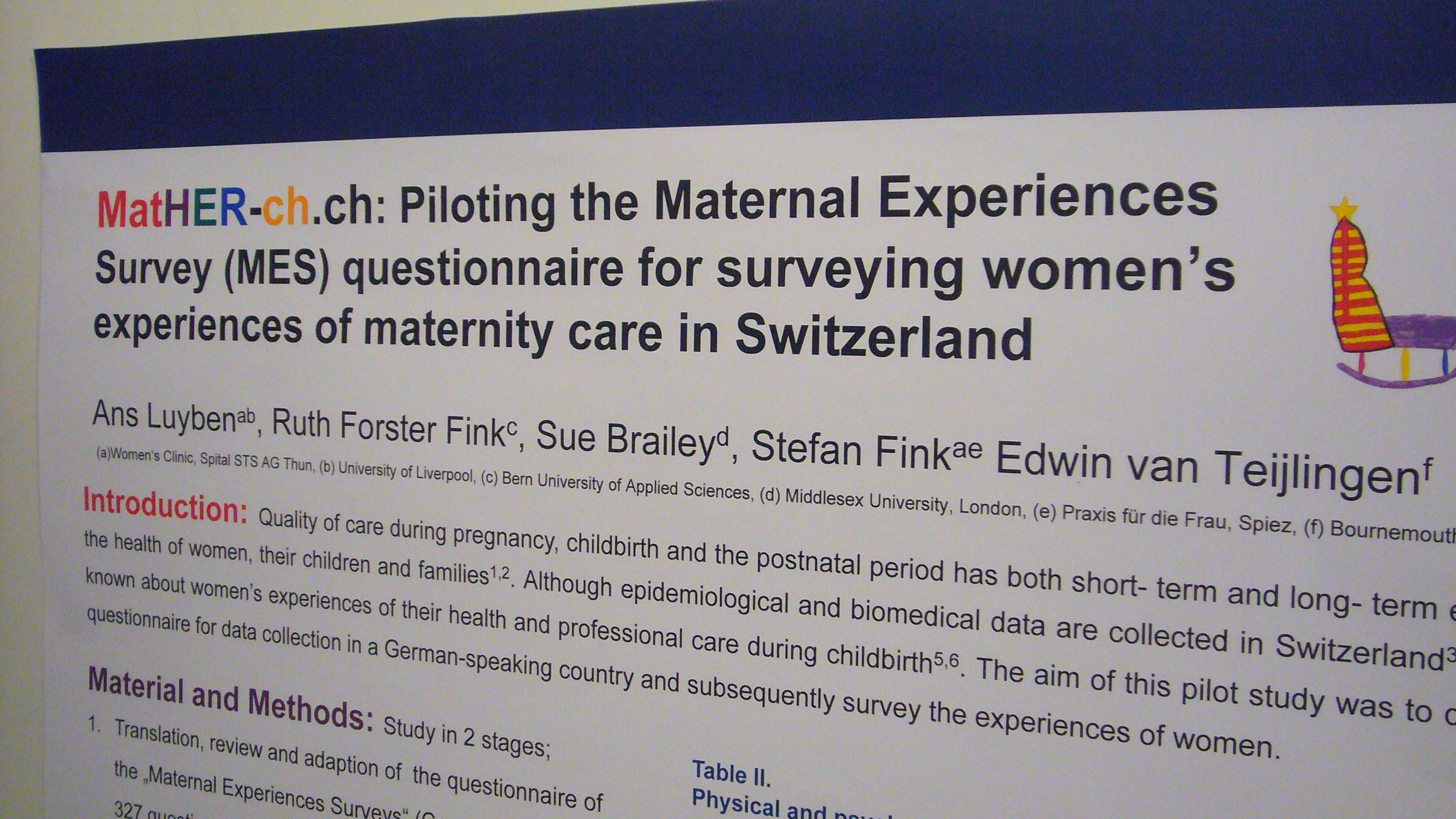
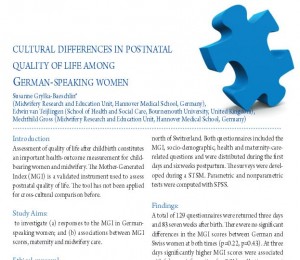
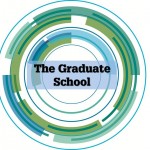
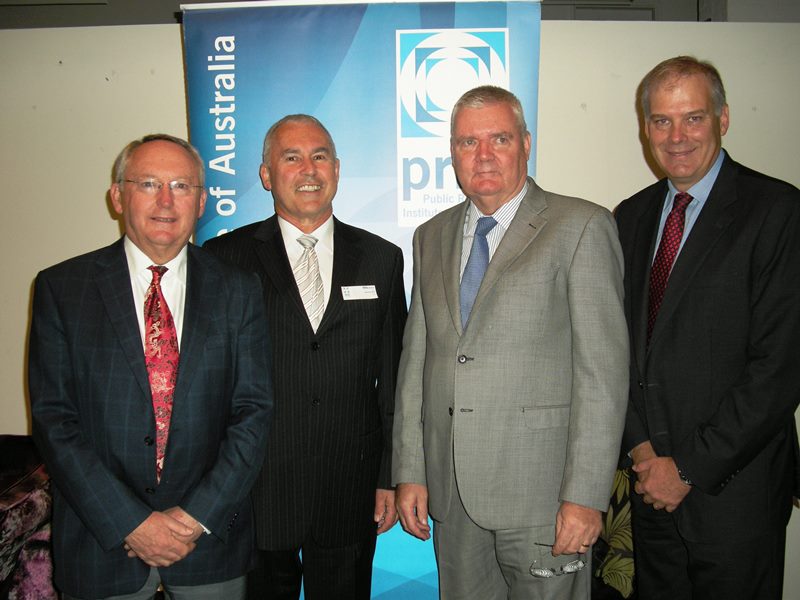

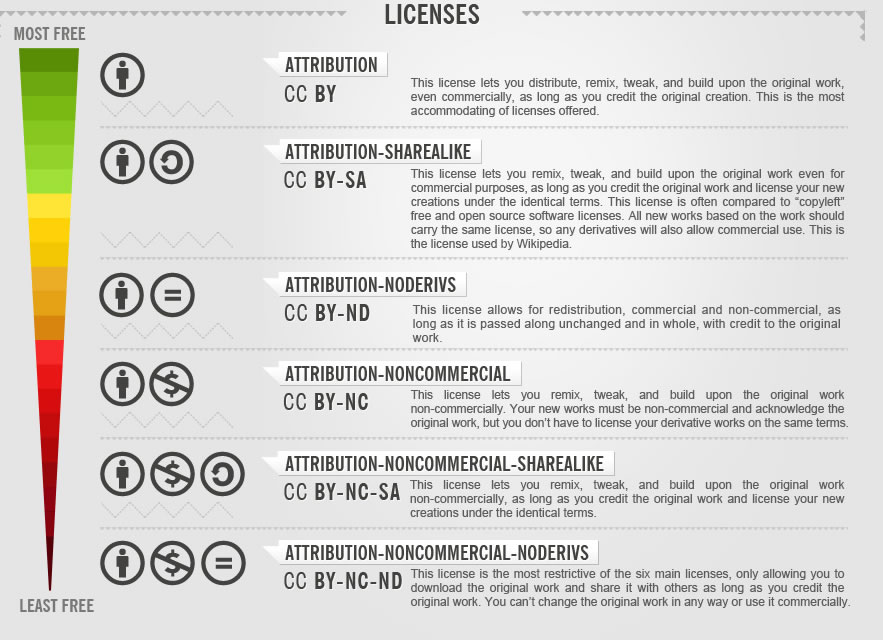
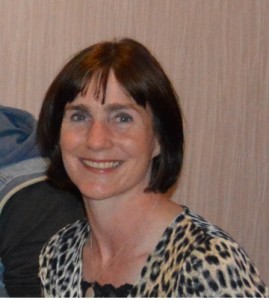
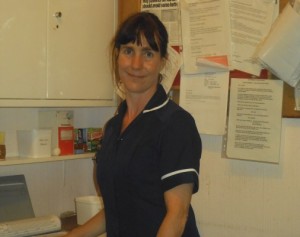

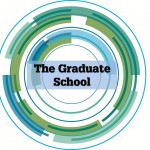
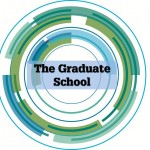

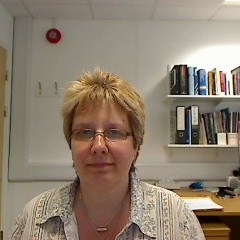














 SPROUT: From Sustainable Research to Sustainable Research Lives
SPROUT: From Sustainable Research to Sustainable Research Lives BRIAN upgrade and new look
BRIAN upgrade and new look Seeing the fruits of your labour in Bangladesh
Seeing the fruits of your labour in Bangladesh Exploring Embodied Research: Body Map Storytelling Workshop & Research Seminar
Exploring Embodied Research: Body Map Storytelling Workshop & Research Seminar Marking a Milestone: The Swash Channel Wreck Book Launch
Marking a Milestone: The Swash Channel Wreck Book Launch ECR Funding Open Call: Research Culture & Community Grant – Application Deadline Friday 12 December
ECR Funding Open Call: Research Culture & Community Grant – Application Deadline Friday 12 December MSCA Postdoctoral Fellowships 2025 Call
MSCA Postdoctoral Fellowships 2025 Call ERC Advanced Grant 2025 Webinar
ERC Advanced Grant 2025 Webinar Update on UKRO services
Update on UKRO services European research project exploring use of ‘virtual twins’ to better manage metabolic associated fatty liver disease
European research project exploring use of ‘virtual twins’ to better manage metabolic associated fatty liver disease